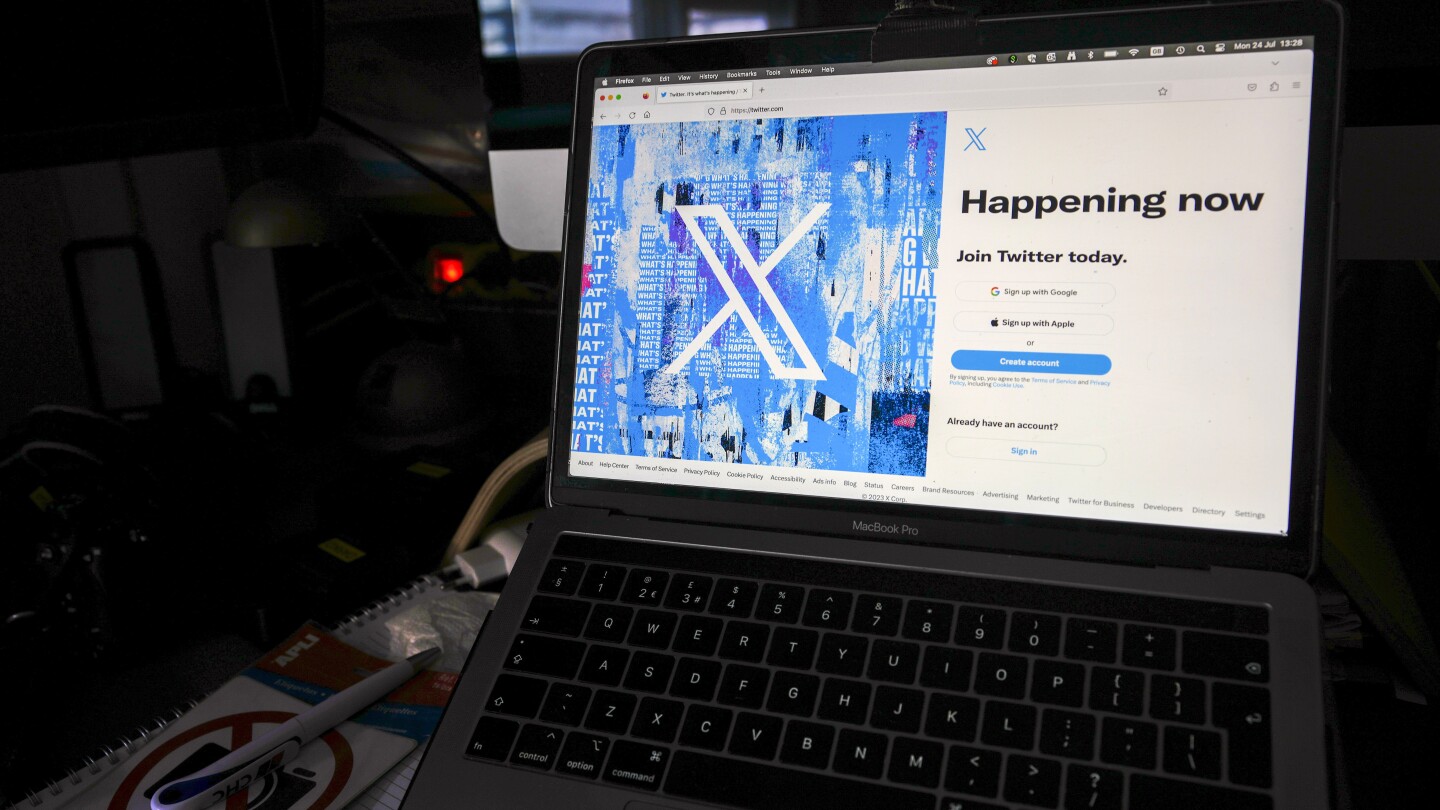The reposts and expressions of shock from public figures followed quickly after a user on the social platform X who uses a pseudonym claimed that a government website had revealed “skyrocketing” rates of voters registering without a photo ID in three states this year — two of them crucial to the presidential contest.
“Extremely concerning,” X owner Elon Musk replied twice to the post this past week.
“Are migrants registering to vote using SSN?” Georgia Rep. Marjorie Taylor Greene, an ally of former President Donald Trump, asked on Instagram, using the acronym for Social Security number.
Trump himself posted to his own social platform within hours to ask, “Who are all those voters registering without a Photo ID in Texas, Pennsylvania, and Arizona??? What is going on???”
…
Yet by the time they tried to correct the record, the false claim had spread widely. In three days, the pseudonymous user’s claim amassed more than 63 million views on X, according to the platform’s metrics. A thorough explanation from Richer attracted a fraction of that, reaching 2.4 million users.
The incident sheds light on how social media accounts that shield the identities of the people or groups behind them through clever slogans and cartoon avatars have come to dominate right-wing political discussion online even as they spread false information.



You raise a lot of questions, but a bombardment of questions doesn’t mean there aren’t good answers to those questions.
You cite the Nazis, but you might be surprised to learn post-war Germany to this day has harsh laws in this area https://www.pbs.org/wgbh/frontline/article/germanys-laws-antisemitic-hate-speech-nazi-propaganda-holocaust-denial/
There’s something to be said for protecting people that need protecting, but there’s also something to be said for holding propaganda spewing nut jobs accountable and limiting their reach.
Also please do not confuse privacy with anonymity. It stops being about your privacy the second you start speaking publicly. Maybe you need privacy to maintain anonymity while doing so, but attacking unfettered anonymity is not an inherent attack on privacy.
One idea that’s rather simple would be to allow users to show a verified status that’s backed by their own government but doesn’t actually expose their identity (just that yes, this is a person from e.g. the United States and this is their government linked account). Users could then choose to filter out folks that aren’t verified or aren’t part of their own country.
For a federated system you could federate a token around that can be checked against government services either client side or server side, periodically.
Someone stealing someone else’s identity is already a serious crime. In the US at least, you’re guaranteed a trial and even then this would surely be exceptionally fringe. You could also further protect against this by requiring post to be cryptographically signed, but this is getting to an extreme level of conspiracy.
The fact of the matter is, right now a single person from a foreign country can represent an unlimited number of accounts that are indistinguishable from the account of a person across town. You have no way of knowing whether you’re even talking to someone that has residency let alone the right to vote in your country.
That is not healthy political discourse.